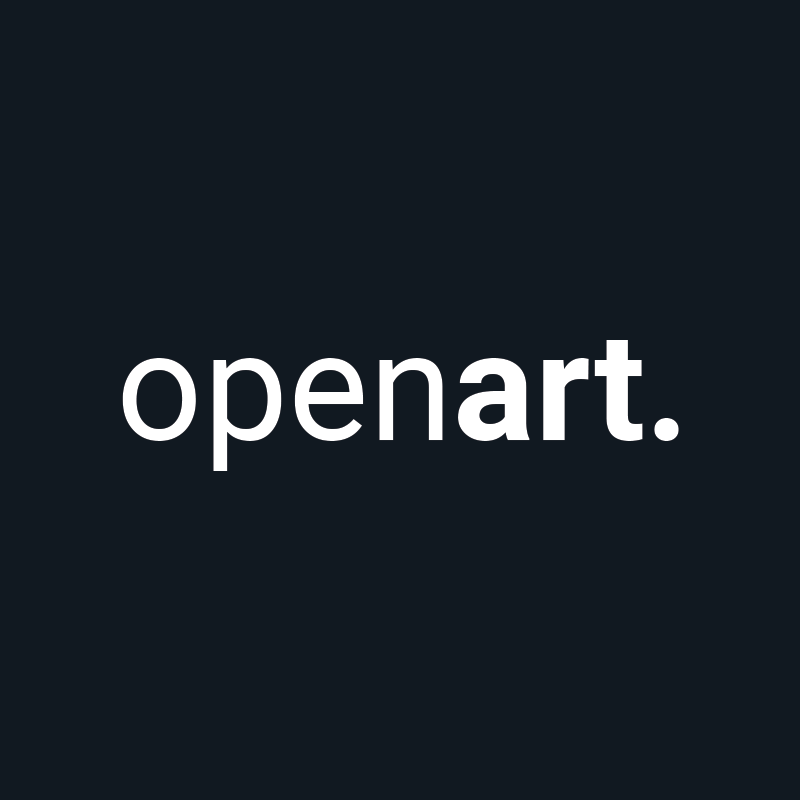Kolkata-based noted painter Arindam Chatterjee is known for his highly experimental and critical works, reflecting our fragile existence in a time of mindless violence, anomie, arbitrary power rule and repression. The exhibition includes his extensive body of paintings –most never shown before– created between 2017 and 2023.
Chatterjee, who studied art in Kolkata and Santiniketan, began his career as a successful abstract artist, which he abandoned around 2007 and gradually moved towards figurative art. The paintings show a highly experimental yet easily recognizable style, crossing elements of expressive abstraction with powerful realism. In contemporary art historical discourse, he is close to the group of artists, writers, and poets who, in a highly critical-poetic manner and through the depiction of brutal facts, images, and emotions, try to capture the true faces of civilization, which turns into its opposite and becomes barbaric. His work, mostly on paper, shows non-conventional, non-functionalist medium use and material experimentation, addressing, to some extent, the bare life and Schimittan’s notion of emergency and state of exception.
Jibananda Das’s famous poem, Bodh, inspired the show’s title. Chatterjee loves literature, and his reading of Dostoveksky and Kafka, along with Jibanananda Das, Binoy Majumdar, Utpal Kumar Basu, and many other modernist writers and poets of Bengal, has significantly shaped his aesthetic ideology. The title indicates indeterminacy and the perpetual movement in signification that lies at the heart of his work.
The exhibition on the 5th floor of Emami Art will be on view through March 23, 2024.
Statement by Richa Agarwal, CEO, Emami Art
Arindam Chatterjee, one of our finest artists, prefers to work, staying away from the limelight. We have been showing his works for a long time, and are delighted to host his first and largest solo exhibition at Emami Art. I am particularly fond of his influential works on paper depicting man’s incredible inhumanity and our fragile existence in a fractured world affected by war, violence and injustice. Instead of representing violence and human pathos in any straightforward manner, he connects them to the core of social, political and even ethical life and existence through his unique style, figuration and medium use. The impact of his paintings always stay with us and do not fade from memory with time. I believe that art lovers, critics and students will enjoy the exhibition and enliven the artistic discourse about representing the pain of others in an image-dominated world.
About Arindam Chatterjee
Arindam Chatterjee belongs to the generation of Indian artists who began their careers in the last decades of the 20th century and attempted to create a new, more personalised artistic language of global significance. He started as an abstract artist and gained a wider reputation; however, around 2007, having felt the urgency for a more direct and communicative form of expression to respond to the conflictual world and its recent history, he turned to figurative paintings.
In the background of the city experience, Arindam Chatterjee’s paintings and drawings speak of a dystopian world, the fragile times of modernity: the death, wounds and suffering of human beings, animals and other creatures, real and imagined. Absent in the glaring narrative of neoliberalism, the dark faces of times can amply be found in the post-Tagorian modernist literature of Bengal. Inspired by them and other sources, Arindam Chatterjee’s neo-expressionist-like works create a bleak vision of the world, exposing culture’s dark past, unrealised potential and unsolved contradictions. Indeed, he moved away from abstract art; the shift has never been complete. Vestiges of abstract art are present in his figurative works, characterised by the rich handling of mediums and indeterminate figures and emotions.
